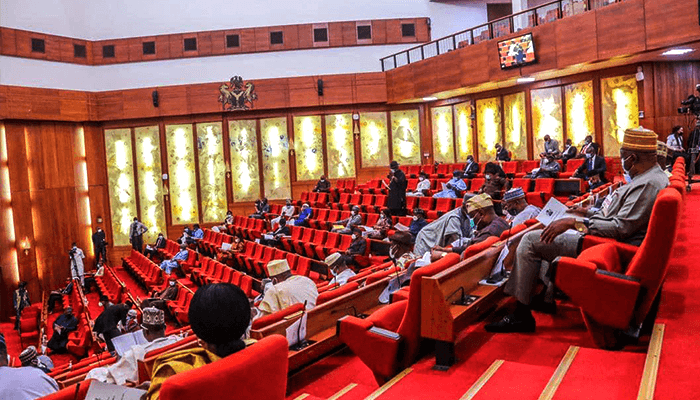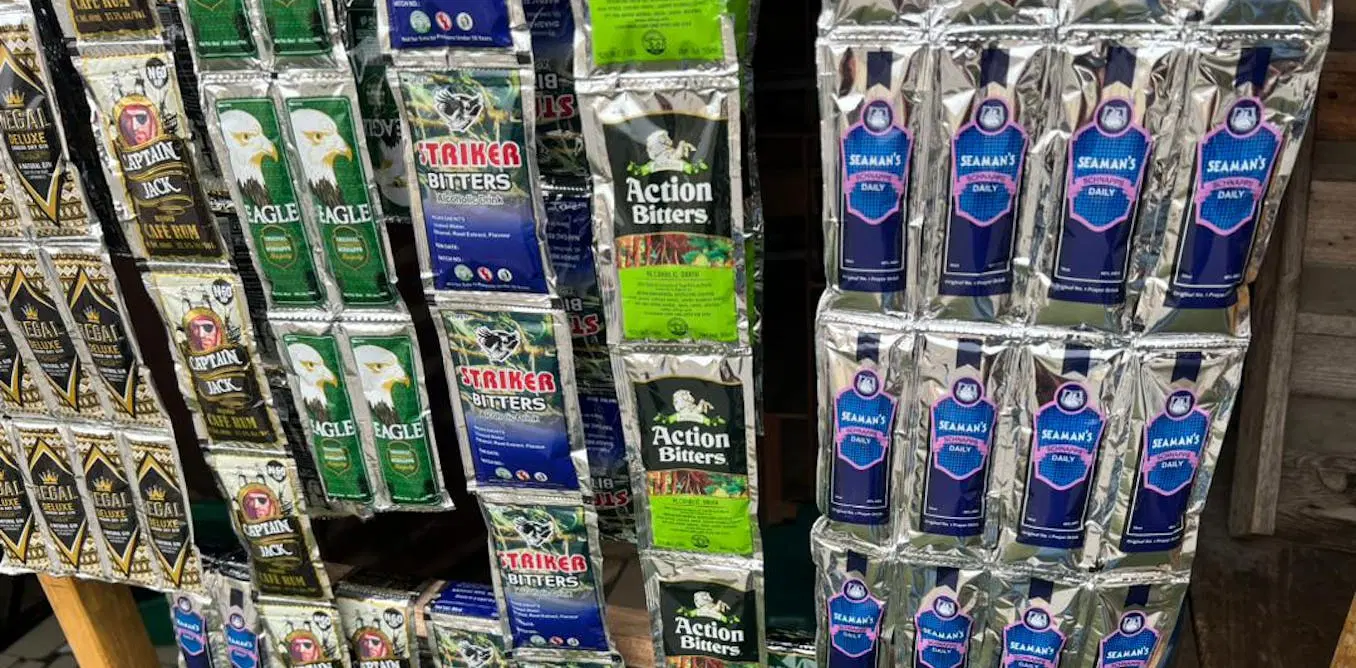The Director-General of the World Trade Organization, Ngozi Okonjo-Iweala, has expressed concern over the high tariffs on intra-African trade, which she says currently stands at 435 per cent.
Okonjo-Iweala made these comments during the “Trade Integration in Africa” event held in Nairobi.
She noted that this is hindering the implementation of the African Continental Free Trade Area and has resulted in low trade volumes between African countries, which stand at 13-18 per cent.
She identified other barriers to trade on the continent, such as customs procedures that delay the movement of goods, and the issuance of African Union passports to facilitate the movement of people, particularly among the business community.
Regarding the AfCFTA, Okonjo-Iweala acknowledged that some countries depend on the tariff as a significant source of revenue, which presents a challenge.
However, she pointed out that there is a longer framework for the AfCFTA implementation. She also highlighted the slow implementation of the trade facilitation agreement under the WTO, which addresses some of the barriers to trade.
Okonjo-Iweala stressed the need to make the supply chains more resilient in the wake of multiple shocks, such as the COVID-19 pandemic and the Russia-Ukraine crisis, which have caused global supply chains to exhibit signs of vulnerability. She also called for efforts to diversify the supply chain from being concentrated on specific products, which she believes will drive investments into Africa.
The Director-General of the WTO emphasized that the AfCFTA is crucial for strengthening economic regional activities with each other and delivering Agenda 2063 of the African Union, which seeks to industrialize the continent and promote growth.
In her words, “Making AfCFTA work at this time is important to strengthen economic regional activities with each other; it is also a key instrument to deliver agenda 2063 of the AU which seeks to industrialise the continent and bring growth.”
Meanwhile, The WTO has expressed total support for the agreement and has disbursed over £4 million in the past three years to help countries build the capacity to implement protocols based on the organization’s standards.
In terms of funding, Okonjo-Iweala believes that international financial institutions could collaborate with each other and mobilize aid to help Africa build the necessary infrastructure for trade development.










